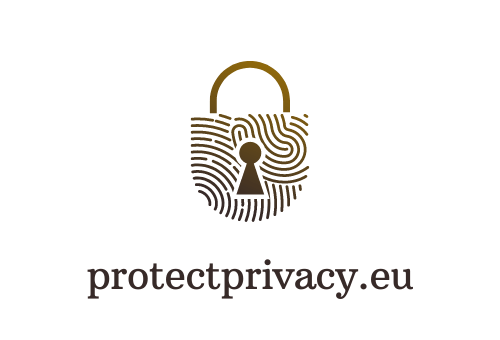Privacy in the Workplace: Navigating the Balance Between Employee Privacy and Employer Surveillance

In the contemporary work environment, the line between employee privacy and employer surveillance is increasingly blurred. With advancements in technology and the rise of remote work, employers have more tools than ever to monitor employee activities. This article aims to dissect the complex relationship between maintaining employee privacy and the extent of employer surveillance, delving into the legal frameworks and ethical considerations that govern this delicate balance.
Understanding the Scope of Employer Surveillance
What Employers Can Monitor and Why
Employers utilize a variety of monitoring practices, ranging from tracking email and internet usage to more sophisticated methods like keystroke logging and location tracking. The rationale behind such surveillance includes enhancing productivity, ensuring security, and complying with legal obligations. However, this surveillance raises questions about the extent to which it infringes on employee privacy and autonomy.
Legal Aspects of Workplace Privacy
Navigating the Regulations and Rights
The legal framework governing employee privacy varies greatly across different regions and countries. Key legislation such as the General Data Protection Regulation (GDPR) in Europe and the Electronic Communications Privacy Act in the United States play significant roles in shaping workplace privacy. These laws delineate the rights of employees and the obligations of employers, striking a balance between privacy and surveillance. Understanding these legal parameters is crucial for both parties to navigate workplace privacy effectively.

Ethical Considerations in Employee Surveillance
Balancing Privacy with Business Interests
Apart from legal compliance, ethical considerations are paramount in employer surveillance. The question arises: how much surveillance is too much? Employers must balance their business interests with respecting employee privacy. This involves grappling with ethical dilemmas and adhering to best practices that promote a respectful and transparent surveillance policy. Employers are encouraged to consider the impact of their surveillance practices on employee morale and trust.
Creating a Privacy-Conscious Workplace Culture
Strategies for Employers and Employees
Developing a workplace culture that values privacy requires clear communication, mutual trust, and well-defined boundaries. Employers should aim to draft fair surveillance policies, educate employees about their rights, and foster an environment that encourages open dialogue about privacy concerns. Such a culture not only respects employee privacy but also enhances the overall work environment, leading to a more productive and engaged workforce.
Read Next: Privacy Vs. Convenience In The Digital Age
Conclusion
The intersection of employee privacy and employer surveillance is a dynamic and evolving area, requiring both parties to be informed, respectful, and considerate of each other’s rights and responsibilities. This article aims to provide a comprehensive overview of the legal, ethical, and practical aspects of privacy in the workplace, empowering both employers and employees to navigate this complex field.







